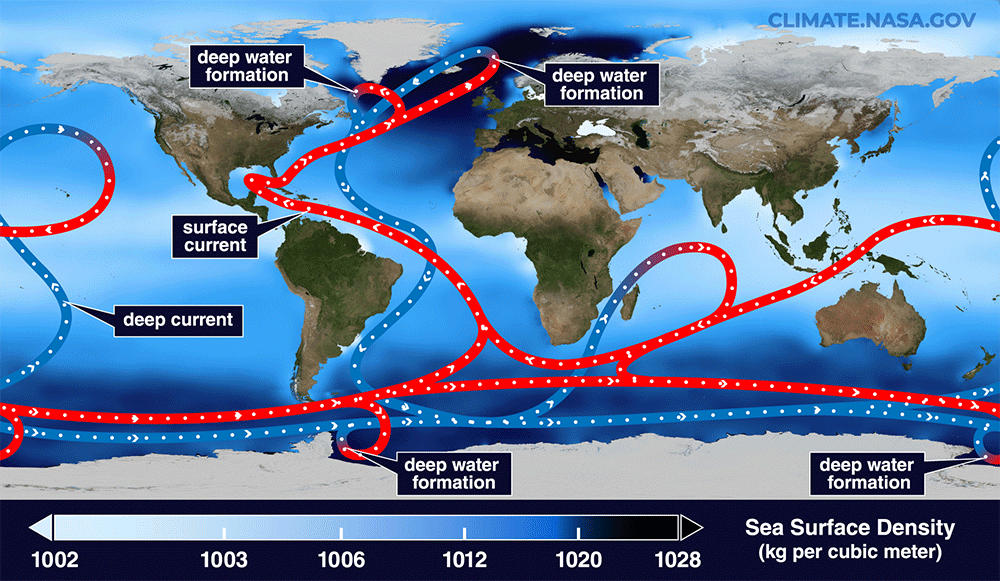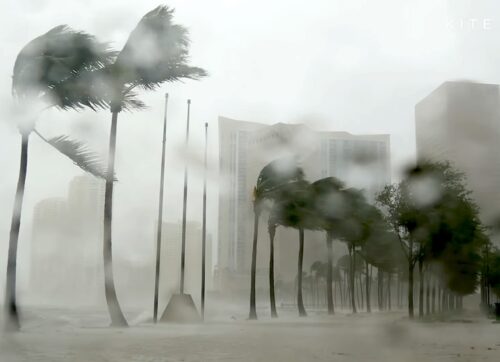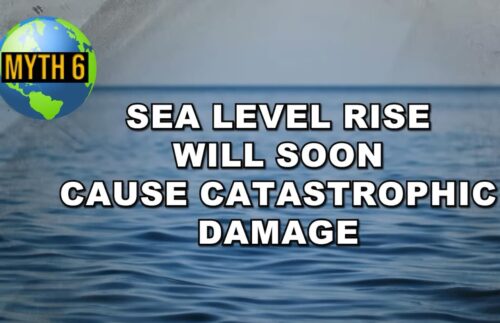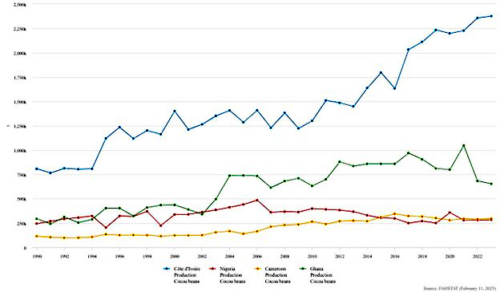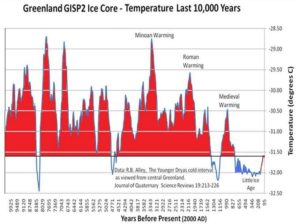by L. Johnson, July 14, 2025 in WUWT
The Met Office were given a right of reply to this GB News story. Instead of actually responding to the specific points raised, they merely regurgitated their Press Release:
However, according to the Met Office, the UK has warmed by 0.25C per decade since the 1980s, with the past three years among the five warmest on record.
Last year saw the warmest spring, the warmest May, and the wettest winter half-year in over 250 years, the report says.
It also states that days with temperatures 10°C above average have quadrupled since the 1960s, and months of double-average rainfall have risen by 50 per cent.
They could, of course, added that the wettest year was in 1872!
Their waffle about higher temperatures is meaningless without the corresponding data on extreme cold days.
Worst of all is the fact that they still make claims of extreme rainfall against a baseline of 1961-90. This is what the Press Release stated:
“the number of months where counties are recording monthly rainfall totals of at least twice the 1991-2020 monthly average has increased by over 50% compared to the number in 1961-1990”
They know full well that 1961-90 was a much drier interlude compared with both what preceded it and also what followed it.
They have all the data back into the 19thC, so why don’t they show the long term trends? Is it because it would not tell the story they want to tell?
The long term monthly data for the England & Wales Precipitation Series, for example, shows absolutely no evidence to support the Met Office’s claims:

KNMI Climate Explorer
The KNMI chart only runs to 2021, but since then the wettest month was 177.5mm in October 2023. Nothing, in other words, that alters the trends shown.

